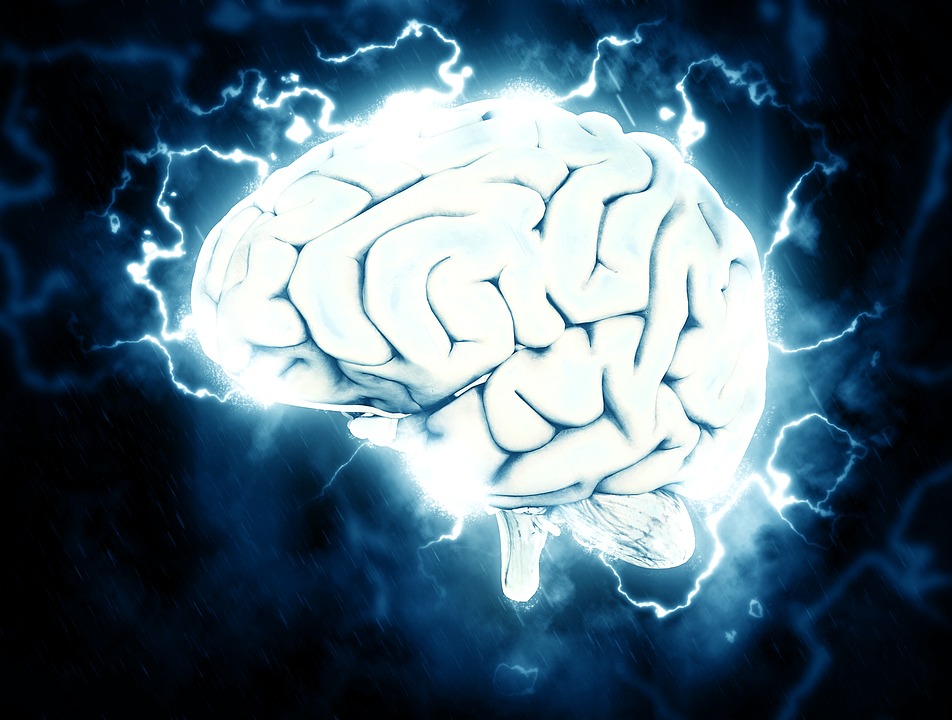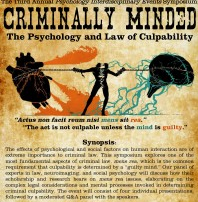-
The Debate on Simultaneous and Sequential Lineups

Incorrect eyewitness identifications are a serious problem for the justice system. In this post, I describe simultaneous and sequential lineup formats and the ongoing debate over whether one of these formats results in more accurate witness identifications.
-
A look behind a changing mind

What’s going on in the brain when someone does change their mind? Understanding neural systems underlying belief maintenance can bring scientists closer to communicating new research in a way that makes people more amenable to updating their beliefs.
-
The benefits of multilingual education

How would multilingual education benefit English-language learning (ELL) students?
-
A New Direction in Autism Research: Google Cloud

Autism is everywhere and it is great! I’m not referring to the recent CDC estimate that 1 in 68 children in the U. S. are diagnosed with the disorder. Instead, I’m talking about its presence in the news. Most recently, I’ve read that the Vatican is holding an inaugural conference on autism, “The Person…
-
Everything You Need to Know about RDoC: Answers to 5 Commonly Asked Questions

The Diagnostic and Statistical Manual of Mental Disorders (DSM), a frequently referenced manual of clinical diagnosis published by the American Psychiatric Association (APA), has been called the “Bible” for the field of clinical psychology. Consistent with its prominent role in diagnosis and treatment considerations, research on mental health has traditionally focused on the DSM’s classification…



